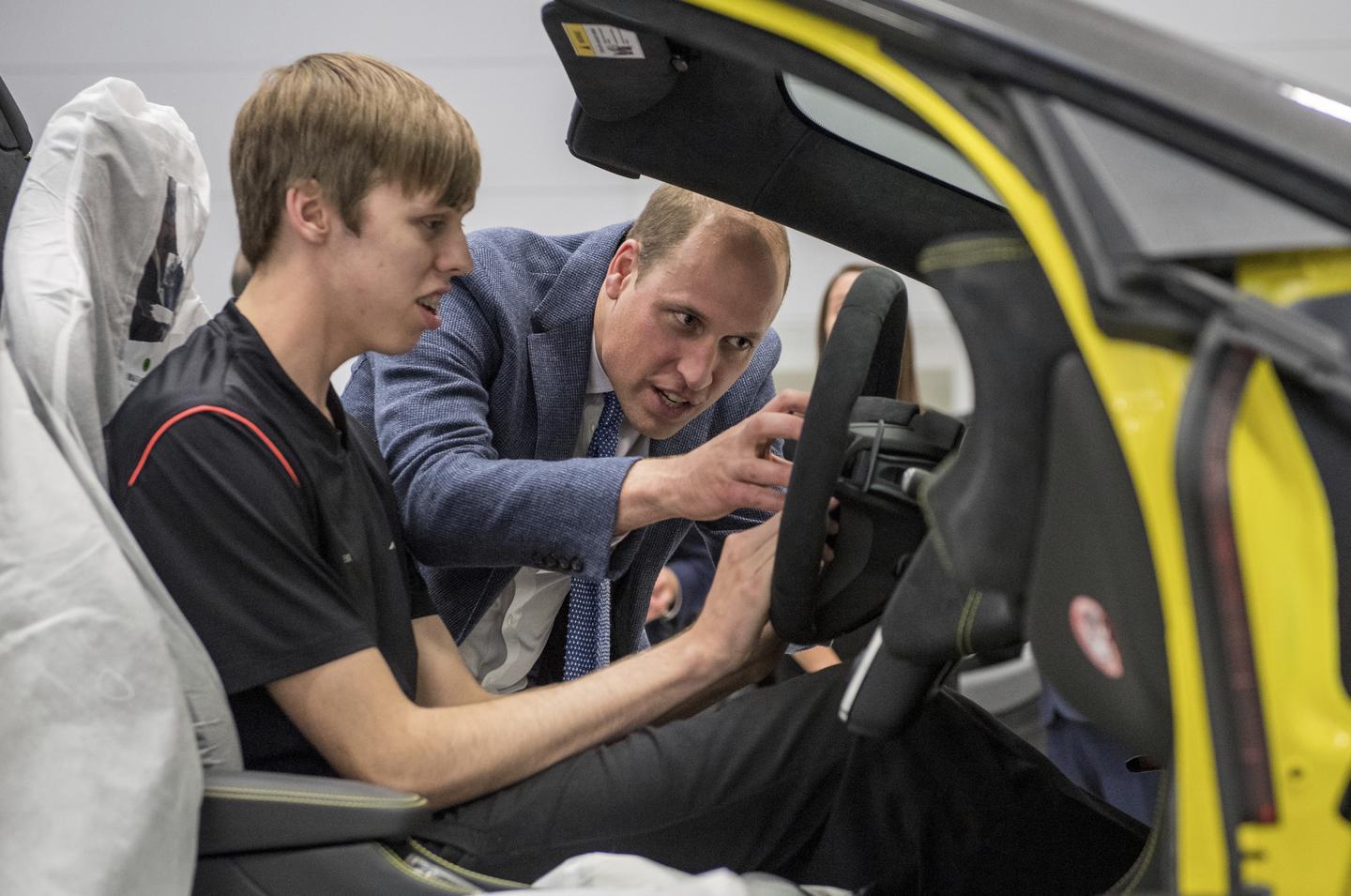Len Blavatnik, the Ukrainian-born and Russian-raised billionaire businessman with a net worth of $17.9 billion, says he has given away $500 million to charity so far, mostly to world-renowned universities like Oxford, Harvard, Stanford and Yale. When asked why he favors donating to higher education institutions, he explains shrewdly that for him, conducting philanthropy is like running a business.
Len Blavatnik, who made his first billions in Russia, credits much of his success to his academic parents and to his education. He’s given hundreds of millions to universities mostly in America and England.






